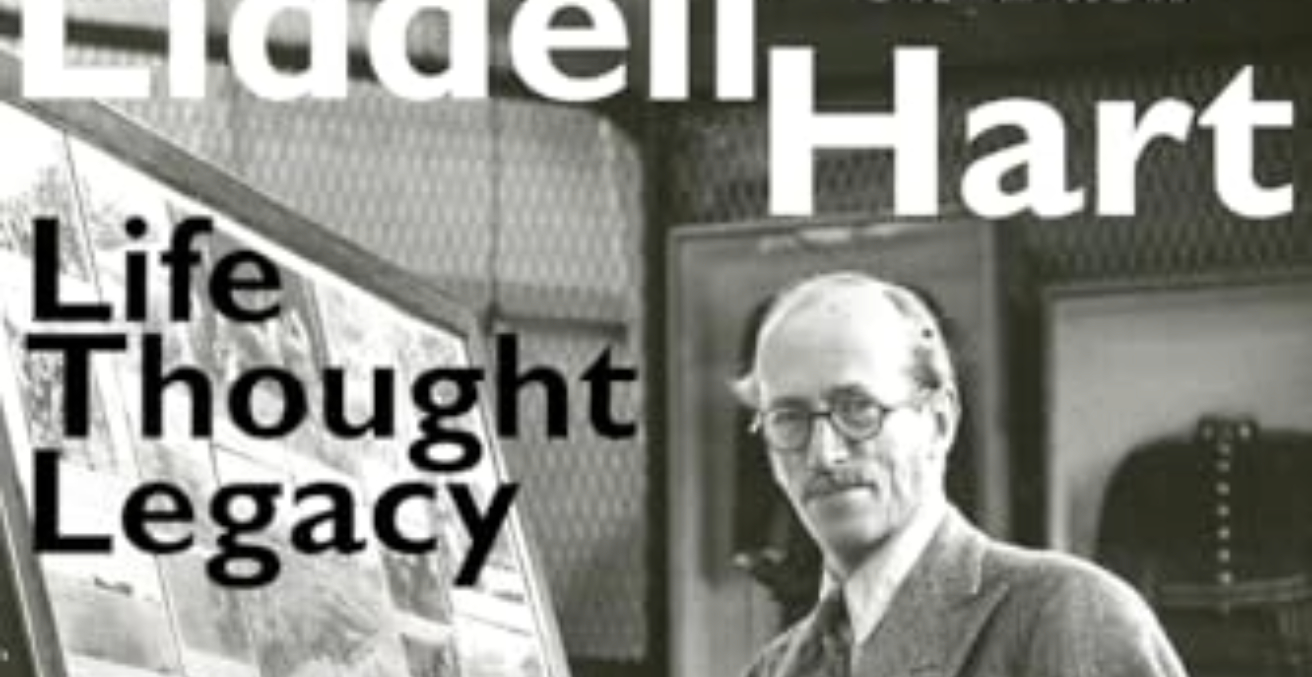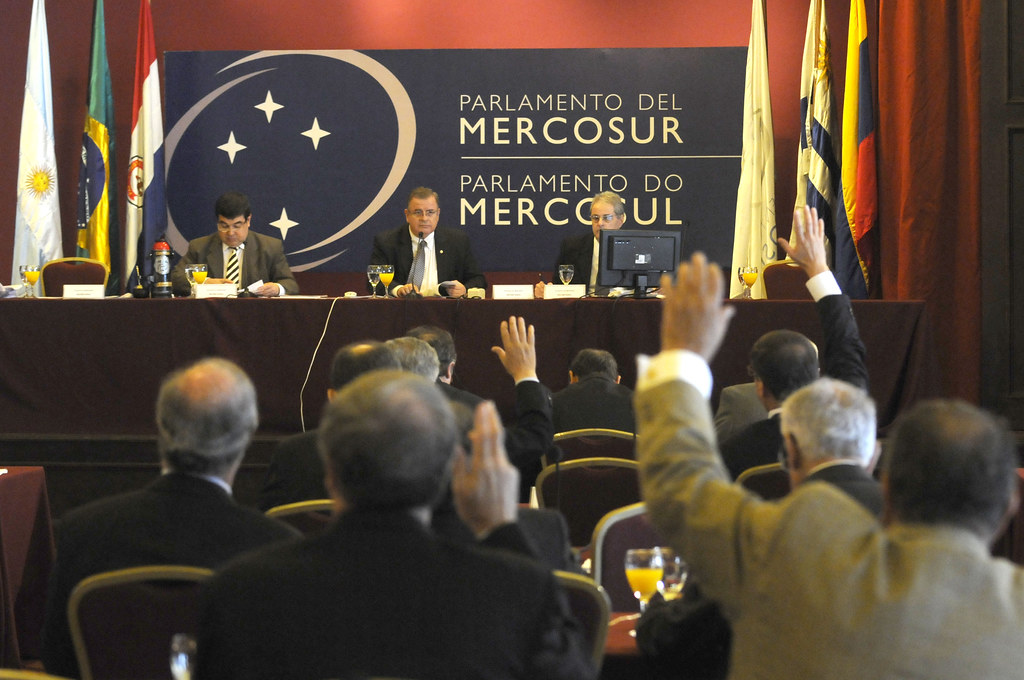A new biography strips away the myth of Sir Basil Liddell Hart, revealing a man whose brilliance as a strategist was matched by insecurity, opportunism, and contradictions. Bruce Newsome’s account forces readers to weigh whether Hart was truly a military genius or simply a self-fashioned legend.
Basil Liddell Hart is a name mostly unfamiliar to non-British people. Yet his reputation as a military theorist has been touted as the inspiration behind the German blitzkrieg and MacArthur’s strategy in Korea. Hart was regarded by many as the most influential voice on British military thought in the 20th Century. Self-described as “one of the great military minds of the century,” Liddell Hart had plausibly more influence on British military theory than anyone over the last 100 years.
Neville Chamberlain championed his influence and input for setting British grand strategy in the late 1930s. Queen Elizabeth II knighted him in 1966. John F. Kennedy referred to him as “the captain who taught generals” (a moniker that Hart coined for himself years earlier). The US Marine Corp made him an honorary one of their own. But beneath the vaunted public persona was a fragile psychology.
His writings were readable and often flamboyant. They were also polemical and selectively researched. Privately, he was a detached family man with an “almost pathetic need for praise.” Publicly, he was an adroit and polished author whose writings were self-serving. Yet, beneath the bluster may have dwelt a self-loather. Once, in a private moment, he admitted to a fellow veteran that rather than the self-promoted image of an unfaltering veteran of The Great War, he in truth was “rather below, than above, the average in physical courage.”
Bruce Newsome’s Sir Basil Liddell Hart: Life, Thought, Legacy, is the first biography not commissioned, authorised, or written by a Hart mentee. Previous biographers have mostly shielded Hart’s legacy from discredit. Newsome, however, reveals the nuances of a man with flaws and a human need to cloak or contradict them. Sir Basil Liddell Hart covers his life as a “memorable but unstable strategist,” “polemical Journalist,” “productive but shallow scholar,” “apologist for Nazism,” and a “lonely soldier.” Meticulously researched and incisively written, Newsome portrays a figure whose psychosis and idiosyncrasies drove his theories and influenced his writings. It forces us to ask—was Hart the genius that many would claim or was he merely an unabashed opportunist.
Regardless of the volatility or impulsiveness of Hart’s views and temperament, his impact remains. He promoted the image of Irwin Rommel as a brilliant commander and a victim of Hitler’s wrath. He also advanced the notion of the “clean Wehrmacht,” the argument that the German armed forces share no culpability in the commission of war crimes during the Second World War. He helped metamorphose these theories into cultural clichés. Through time and the passage of generations, these questions devolve into myths. They are left mostly unquestioned. This, Newsome subtly but convincingly argues, is Hart’s offence. Without moralising, Newsome challenges the reader to deny that while obsequious loyalty to popular movements might be self-serving, it is a disservice to the greater good. Depthless and fashionable scholarship and reporting may secure one a place in popular culture but will also anneal, perforce, and cause damage to one’s legacy.
Liddell Hart’s politics vacillated between adjustable and grasping. He fell into liberalism and socialism but remained an elitist. When his stature as a thought leader in military affairs diminished, he switched his focus to feminism.
Newsome’s art is in the portrayal of a complex man and legacy without judging either. He leaves that responsibility with the reader and advises “Only honest admission of his [Hart’s] nuances enables us to take his positive contributions without the negative.”
Basil Liddell Hart was a cultural factotum. He considered himself at various times a soldier, a scholar, a journalist, a genius, and a prophet. He craved adoration in public but in private dreaded attachments. His contributions live on, however, and thanks to Newsome’s telling of his story, we can appreciate those contributions with the understanding he was a flawed man. Despite outward appearances and his need to be worshiped, he was guilty of being no more than human.
This is a review of Bruce Newsome’s Sir Basil Liddell Hart: Life, Thought, Legacy (Perseublishing, 2024). ISBN: 9781951171230.
Jack Jarmon, Ph.D. has taught international relations at the University of Pennsylvania, the John C. Whitehead School of Diplomacy and International Relations at Seton Hall University, and Rutgers University. He lectures at major research universities, US war colleges, and publicly. Jarmon studied Soviet and Russian affairs at Fordham University and the Harriman Institute at Columbia University. He is fluent in Russian and holds a doctorate degree in global affairs from Rutgers University.
This review is published under a Creative Commons License and may be republished with attribution.





